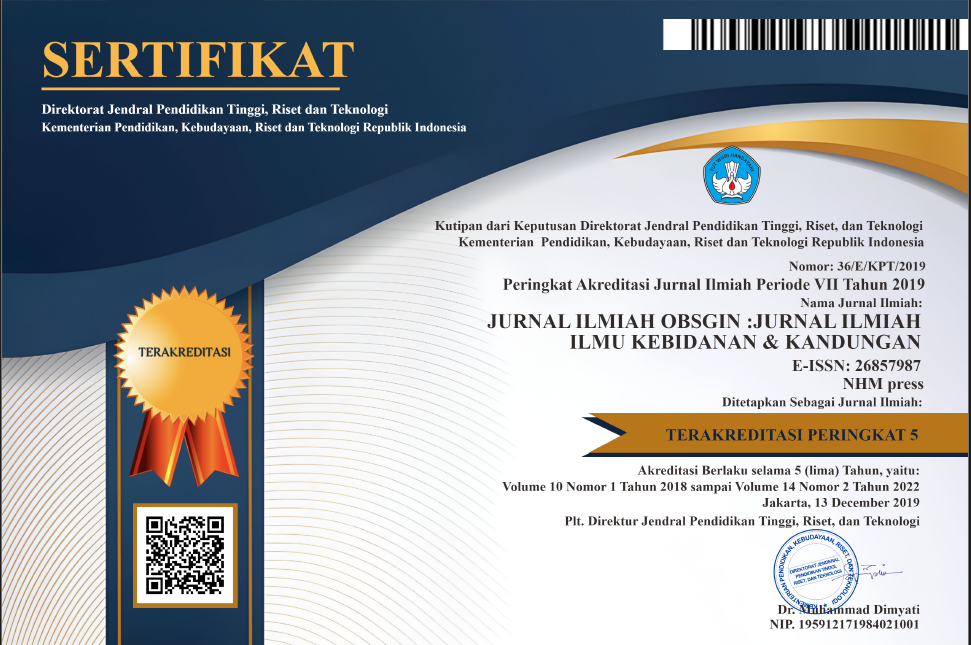Pengaruh Edukasi Gizi Seimbang Terhadap Sikap Kader Posyandu dalam Pencegahan Stunting di Desa Penfui Tahun 2023
Abstract
The nutritional problem of stunting will have an impact on cognitive abilities and long-term productivity. Nutritional problems, especially toddlers who suffer from stunting, can hinder the toddler's growth and development process. Stunting in infants and toddlers is a chronic nutritional problem that requires comprehensive treatment and involves various sectors. Stunting is a cumulative process and is caused by inadequate nutritional intake or recurrent infectious diseases, or both. Efforts to handle stunting by optimizing conditions in the first 1000 days of life (HPK) can be implemented at Posyandu. Basic Health Research in 2018 noted that the prevalence of stunting in children under five in Indonesia was 24.4 percent in 2021. East Nusa Tenggara (NTT) Province ranks first in the prevalence of stunted children under five in Indonesia, with a figure of 42.6%. Data from the NTT Provincial Health Service, the stunting rate in 2022 which rose to 22.0 was released by the NTT Stunting Handling Working Group (Pokja) as of March 18 2022. One of the areas with the highest prevalence is Kupang Regency with a proportion of 41.4% or 5,390 toddlers. The number of toddlers in the Tarus health center is 5141 people, 548 stunted children, and 122 stunted children in East Penfui village.











